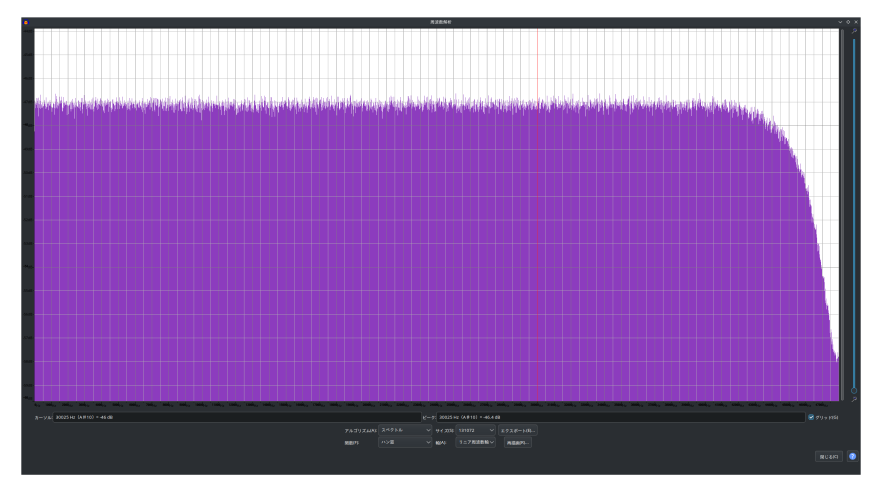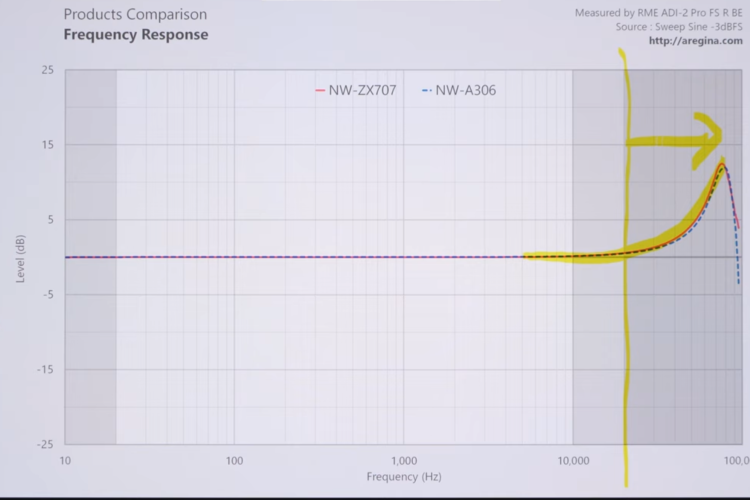It’s not a discussion anyone can take seriously because you just made-up a false lie and then questioned if it’s false. Duh, what do you think, you’re the one who made it up?! How many more times are you going to keep making-up BS assertions and presenting them as fact in response to being called out for doing that?
As it was possible to make audibly transparent amps at modest cost 40 or so years ago, then a modern amp that costs more and according to you, fails to achieve audible transparency is what, not faulty and is brilliantly made?
Agreed, so the alternative is that modern more expensive amps do indeed achieve what even 40 year old modestly priced amps did (audible transparency) and therefore; the “according to you” is wrong and the response to “
if I hear a difference” is that you don’t! So, you are contradicting yourself, which is it: The “just utter BS and simply ridiculous” all modern amps are effectively faulty or that in fact you do not hear a difference??
You come to a science discussion forum, make-up false assertions and present them as fact, which is pretty much the most rude, combative and hostile thing you can do in a science discussion forum and then you have the nerve to claim that our “attitude doesn’t help too much”?
And you think you’re in the right hobby if you can hear differences that are inaudible or don’t even exist? What about if you consider an amplifier or a DAC to not “be a fault” for not transparently achieving its sole purpose of amplifying or converting from digital to analogue, which were achievable transparently decades ago?
Of course we don’t, unless you’re claiming to live in a parallel universe with different physical laws? We live in the same reality but you will not/cannot accept the proven facts/science and instead have made-up BS ones which you falsely present as facts and which you unbelievably somehow don’t realise you’ve just made-up. Or maybe you do realise but are just effectively trolling, making up more BS to laughably try to defend your previous BS?
Isn’t “this hobby” listening to music recordings? If so, then how does not hearing a difference where there is no audible difference reduce the number of music recordings (cause “a smaller field to discover”)? Are you admitting that your “hobby” is not in fact being an “audiophile” (lover of high fidelity audio/music recordings) but instead, just listening to/“discovering” a bigger “field” of audio equipment (and experiencing differences that are inaudible)?
You’re joking, do you really not even know what science is, or why it was invented? That it was invented to separate superstitions, myths and BS from the actual facts and therefore obviously we cannot let your BS “live”!
I’ve already told you what’s (very) wrong with your fallacious interpretation of the statistics concerning these two amps and so did the article you cited, in even more detail! The fact that you don’t know what’s wrong with your interpretation and have to ask (even though it’s already been explained twice), seems to have answered my question, albeit indirectly!
Another classic; citing one of the most famous (infamous) audiophile marketing bullsh*tters in the history of audiophile marketing BS and doing so in an actual Sound Science discussion forum, what a beauty! Are you really so incapable of identifying obvious BS or are you just trolling?
@MiffyRabbit the cited guy is arguably even worse than Rob Watts, as at least Watts appears very well informed and tells the truth about some areas of audio. Paul McGowan on the other hand does not appear well informed about anything (besides BS) and I don’t recall any instances of him telling the truth about any area of audio in the several videos of his I’ve had the displeasure to view. However, I’m not entirely sure if he actually claims to be an engineer and therefore whether he is an engineer/Marketer or only a Marketer.
G





























